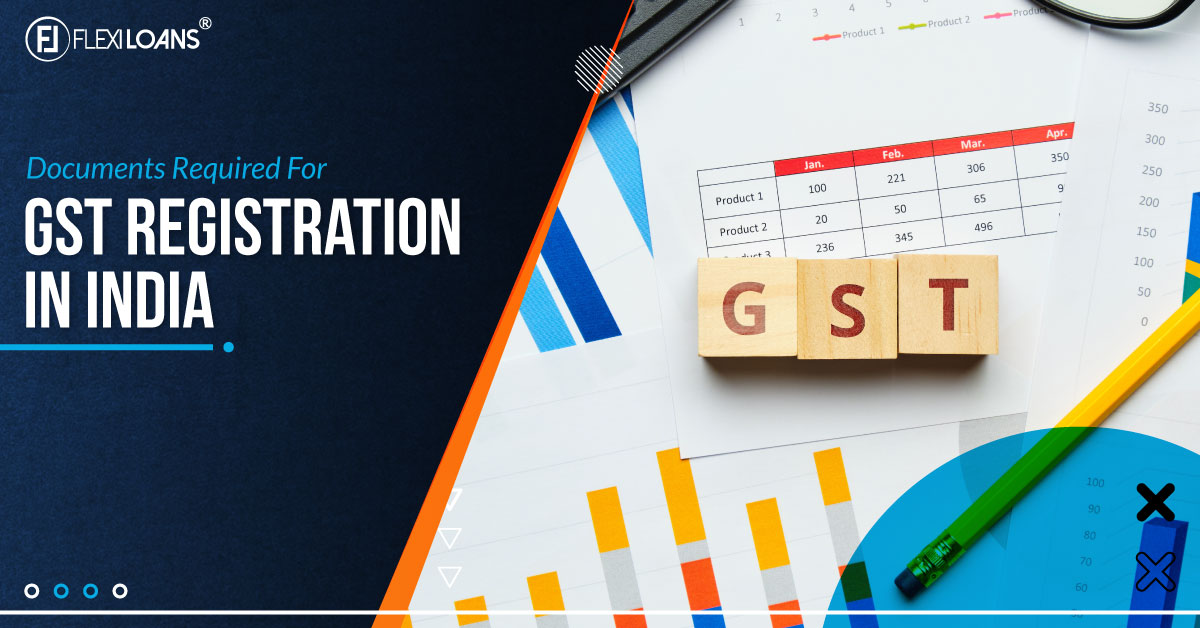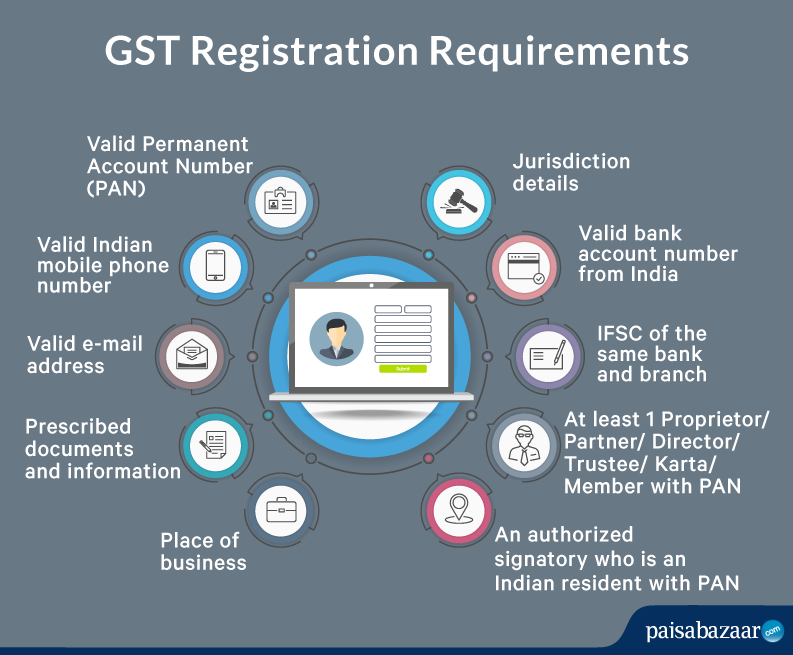Singapore GST Registration: What You Required to Know Before Using
Singapore GST Registration: What You Required to Know Before Using
Blog Article
Navigating the Complexities of GST Registration: Professional Tips and Ideal Practices for Easier Conformity
Navigating the elaborate landscape of Goods and Provider Tax (GST) enrollment demands an eager understanding of the advancing governing structure and careful interest to detail. As companies strive to guarantee compliance and avoid risks, expert support and finest methods can serve as indispensable compass points in this complicated surface. From figuring out enrollment requirements to utilizing technological tools for structured procedures, the journey towards smoother GST conformity is diverse and nuanced. Stay tuned to uncover crucial strategies and insights that can assist organizations guide via the complexities of GST enrollment with finesse and self-confidence.
Comprehending GST Enrollment Requirements

Along with turnover thresholds, businesses participating in interstate sales or providing taxable services may likewise be needed to register for GST, also if their turn over is below the prescribed limitation (Singapore GST Registration). Recognizing these requirements and thresholds is vital to stay clear of fines and guarantee smooth procedures within the legal framework
In addition, organizations have to collect and prepare the required documentation, such as evidence of identification, address, business consolidation, and savings account information, before launching the GST enrollment process. Stopping working to offer exact information or meet the registration due dates can result in penalties or other legal consequences. As a result, businesses must stay notified about the particular GST registration requirements relevant to their procedures to preserve compliance and stay clear of potential concerns.
Organizing Vital Documentation
Services starting the GST enrollment process should thoroughly compile and organize the important documents required for submission. The vital records typically required for GST registration include proof of organization enrollment or identity, incorporation and address proofs of the company owners or partners, checking account details, proof of major business, and consent forms. Ensuring that these papers are readily offered and arranged can improve the enrollment procedure and stop beings rejected or hold-ups.
To efficiently arrange vital documentation, businesses should create a central system for saving and classifying the needed documents (Singapore GST Registration). Utilizing digital storage options can assist preserve very easy access and make sure that papers are firmly saved. Furthermore, developing a list of all needed documents can act as a handy tool to track what has actually been collected and what is still needed for submission

Leveraging Technology for Performance
Enhancing operational performance through technical combination is paramount for contemporary services browsing the intricacies of GST registration. Leveraging innovation can enhance processes, reduce mistakes, and make sure prompt compliance with GST laws. One of the essential means technology can aid in GST registration is through the use of automated software application services. These devices can assist businesses track sales, generate invoices, compute taxes, and submit returns accurately. By automating these tasks, businesses can conserve and reduce hands-on mistakes time that address would certainly otherwise be invested in recurring management work.
Additionally, innovation can promote seamless interaction with tax authorities. On the internet sites and interaction devices allow companies to send documents, fix questions, and get updates in a more efficient manner. This not only accelerates the registration procedure however also helps in preserving clear and dependable interaction with the relevant authorities.
Additionally, cloud-based storage solutions provide a safe system for services to store and gain access to their monetary information, ensuring compliance with GST record-keeping demands. By systematizing data storage space and automating processes, companies can improve their total efficiency and accuracy in GST enrollment treatments.
Proactive Conformity Surveillance

To guarantee efficient proactive compliance surveillance, businesses need to develop durable internal controls, conduct periodic audits, and utilize automation devices for real-time tracking of GST deals. Regular training sessions for employees on GST compliance needs can also aid in developing a society of conformity within the organization. In addition, engaging with tax obligation specialists or experts can discover this give useful insights and advice on navigating complicated GST policies.
Involving With Specialist Professionals
Engaging experienced tax consultants can considerably reinforce a company's understanding and compliance with intricate GST policies. Professional specialists bring a wealth of knowledge and experience to the table, aiding organizations navigate the intricacies of GST registration easily. By leveraging their proficiency, companies can guarantee exact filings, reduce the danger of mistakes, and stay up-to-date with the most recent governing changes.
When involving with professional consultants, it is essential to choose professionals with a solid track record in GST compliance (Singapore GST Registration). Try to find professionals that have a deep understanding of the pertinent regulations and regulations, as well as experience dealing with organizations in your industry. Effective interaction is type in this partnership, so ensure to plainly define your expectations and develop regular touchpoints to talk about progress and resolve any type of problems
Additionally, expert specialists can supply important understandings and guidance on optimizing your tax technique, recognizing prospective cost-saving opportunities, and enhancing your conformity processes. Overall, buying specialist working as a consultant solutions can go a long means in making sure smoother GST compliance and avoiding expensive blunders.
Verdict
To conclude, browsing the intricacies of GST enrollment needs a detailed understanding of the demands, organization of vital paperwork, leveraging innovation for efficiency, aggressive get redirected here conformity tracking, and involvement with specialist professionals. By complying with these best practices, services can make certain smoother conformity with GST laws and stay clear of potential fines or penalties. It is important to stay informed, aggressive, and diligent in taking care of GST registration to keep compliance and support financial integrity.
To make certain conformity with tax laws, services have to completely recognize the intricate demands for GST registration. Item and Solutions Tax Obligation (GST) is a value-added tax obligation levied on many goods and solutions in a country, making it critical for services to sign up for GST to avoid lawful repercussions.In addition, businesses should gather and prepare the necessary paperwork, such as evidence of identity, address, company unification, and bank account information, before launching the GST enrollment process. Companies need to stay notified regarding the specific GST enrollment requirements relevant to their operations to keep compliance and prevent possible issues.
The essential records typically needed for GST enrollment include evidence of company registration or address, identification and consolidation evidence of the service owners or partners, financial institution account information, evidence of primary area of service, and consent types.
Report this page